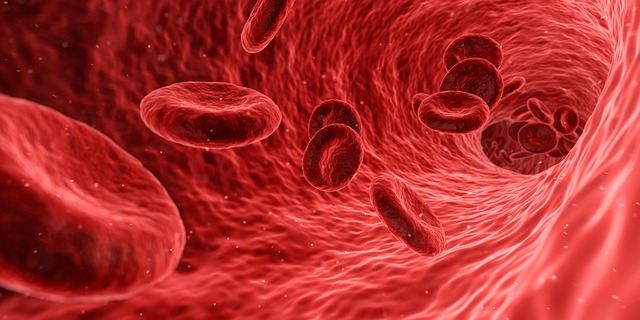For the first time, scientists from the University of Bristol have transplanted blood cells produced from stem cells in the laboratory into human patients. This technique, currently undergoing clinical trials, could revolutionize blood transfusion. Thus, artificial blood can be used in insufficient blood donations. Blood donations are significant for blood diseases such as sickle cell anemia. More blood stocks may be needed depending on the variety of blood groups and demand. Of course, since donated blood has a lifespan, donated blood can also be wasted. In cases where blood donations are not enough, producing red blood cells in the laboratory according to blood type can be an alternative solution. Scientists who have been working in this field for years have made a major breakthrough by transplanting laboratory-produced blood cells into human patients for the first time. The technique still starts with blood from a donor, but in this case, blood stem cells are used instead of red blood cells. The stem cells are isolated and kept in a nutrient medium for 18 to 21 days to proliferate and become adult blood cells. These cells are then purified, stored, and ready for transfusion.
This new clinical trial is called RESTORE. The technique is designed to test both the safety of the blood cells produced and to show how long they can remain in the body. The average lifespan of red blood cells is 120 days, but donated cells can be of different ages. Lab-grown cells, on the other hand, are freshly produced and can last up to 120 days. In the RESTORE trial, ten people received blood transfusions of 5 to 10 ml. Patients will be infused with laboratory-produced red blood cells and normal blood cells, respectively, at 4-month intervals. Afterward, they will be monitored for side effects and see if the lab-grown red blood cells survive longer. So far, two patients who have received blood transfusions have reported no side effects. Laboratory blood cells could alleviate blood shortages. The blood needed for chronically ill patients can be supplied instantly, meeting the needs of patients.

